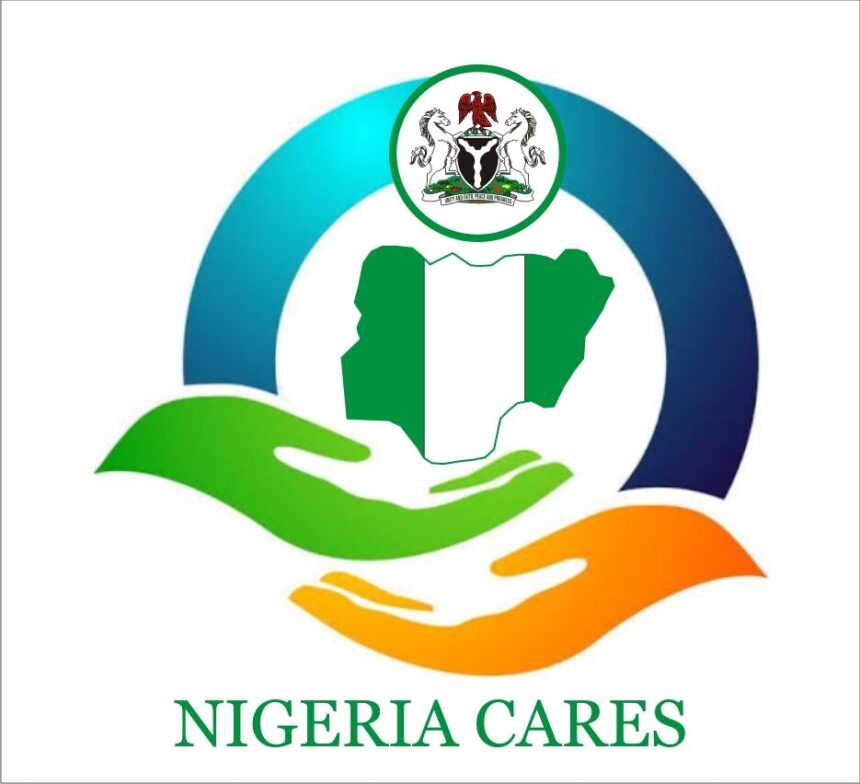One of the challenges confronting Nigeria as Nation is that public institutions are weak.
Nigeria faces the daunting task of achieving growth rates of greater than 5% in the non-oil economy in order to significantly reduce poverty rates.
In the past decade, the growing spate of conflict and insecurity has negatively afflicted many parts of the country.
The endemic corruption and weak capacity of the public sector made Nigeria to rank amongst the lowest in the world.
Nigeria has to make tangible progress on multiple fronts, at both the federal and sub-national levels.
A large proportion of the citizens are poor.
Community Driven Development, CDD, as an approach to mobilize community effort for development has been successful in Nigeria.
This approach promotes access of the poor to social and economic services at the grassroots level.
The NG-CARES seeks to promote human capital development of the poor and vulnerable people at the grassroots level using a CDD approach.
The NG-CARES Programme is an emergency operation designed to support budgeted Programme of expenditures and interventions at the State level
It requires a rapid response implementing teams, deep commitment and professionalism amongst critical stakeholders.
The Federal Government recognizes that it is desirable to use existing structures to implement the programme.
The Programme Development Objective, PDO, guiding the implementation of NG CARES, is to protect livelihoods and food security of poor and vulnerable households and facilitate recovery of local economic activity in participating States across Nigeria.







